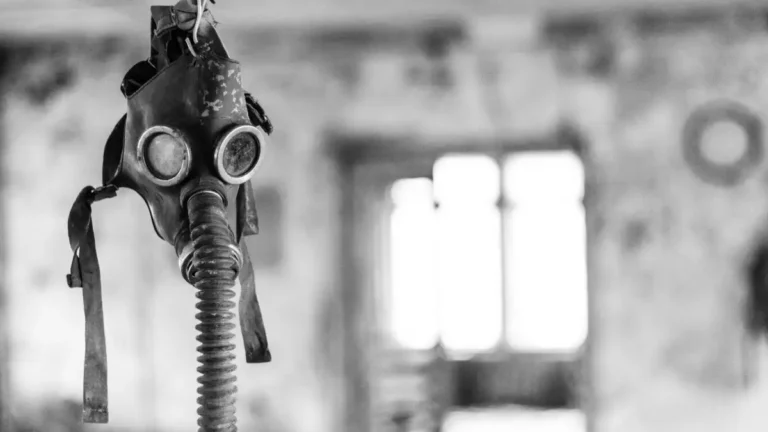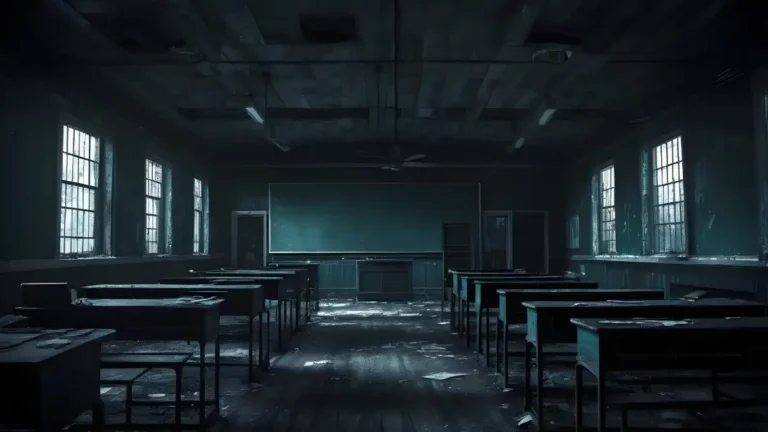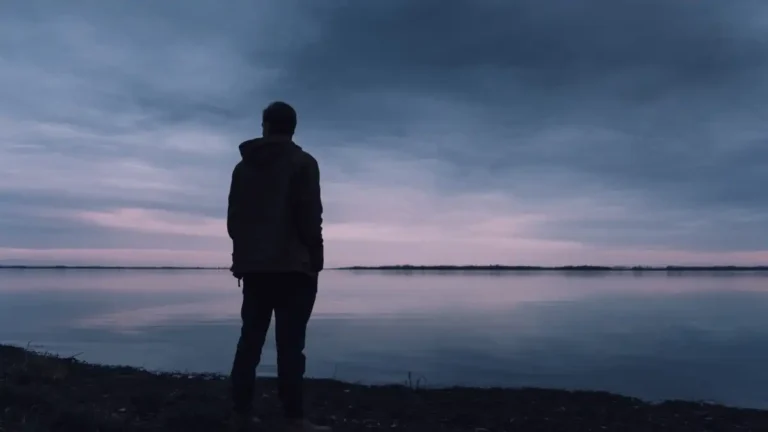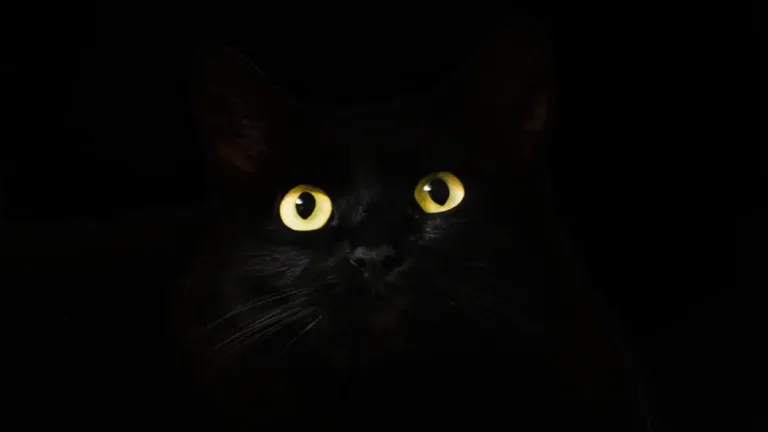The Deadly Fear of Offending

There are places where politeness is fatal. Not just Tehran boardrooms, but suburban dinner tables, cockpits, and clean rooms. We’ve built cultures where the fear of offending outweighs the fear of dying. Silence isn’t neutral—it’s complicity. Survival doesn’t belong to the courteous; it belongs to those willing to interrupt before the crash.





